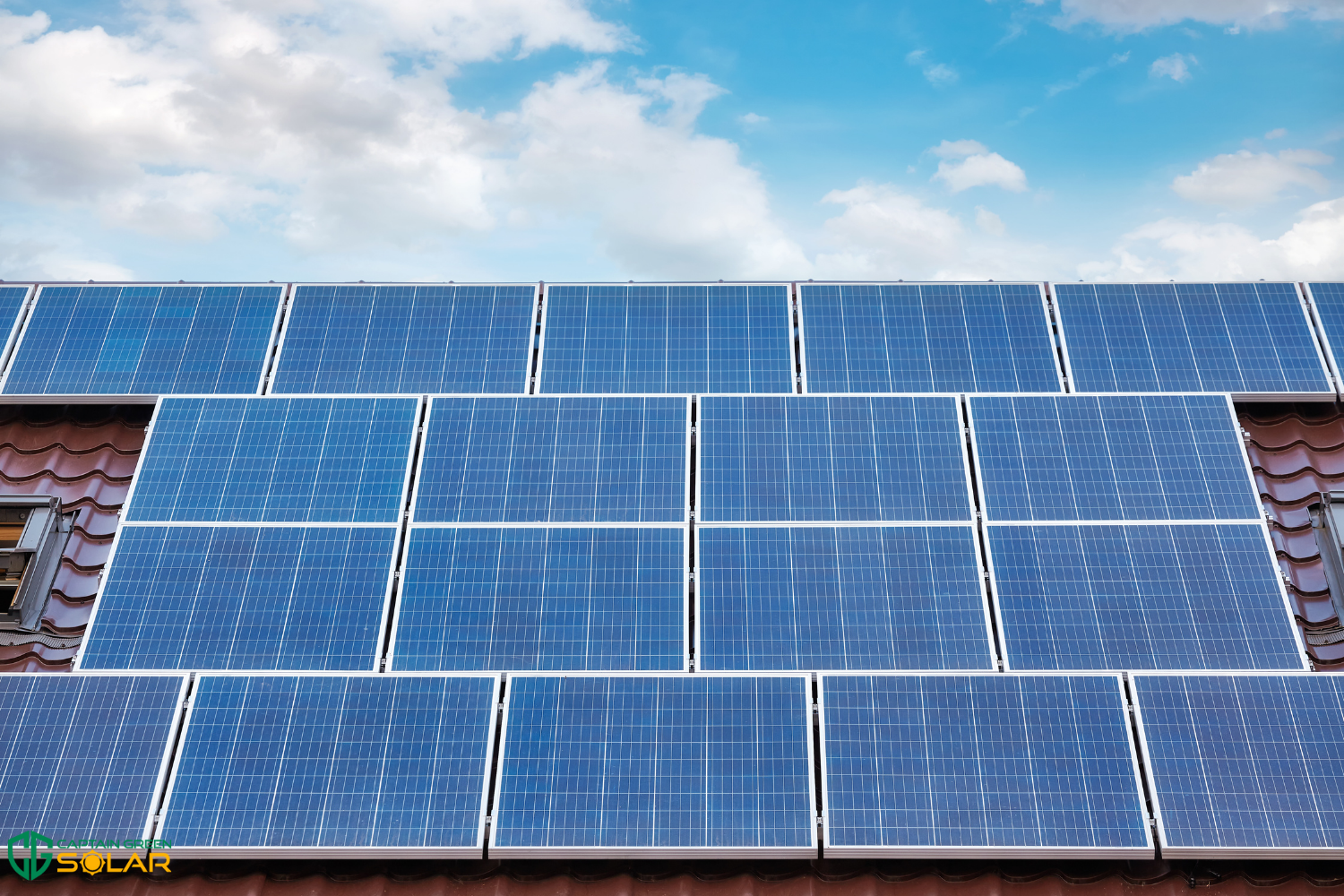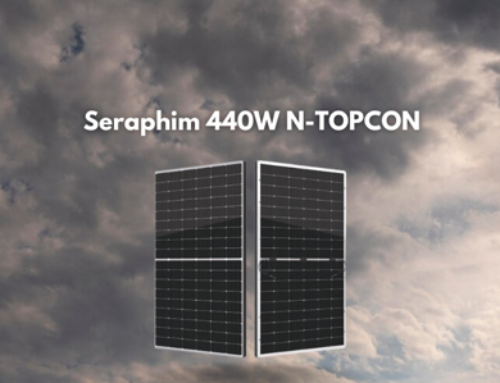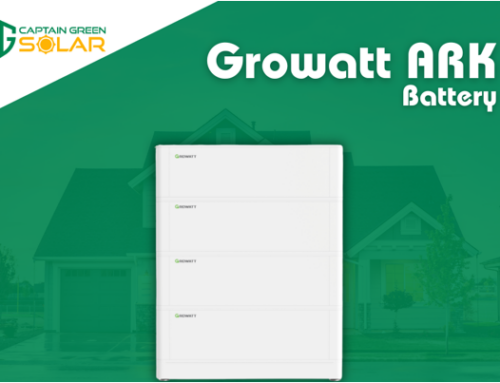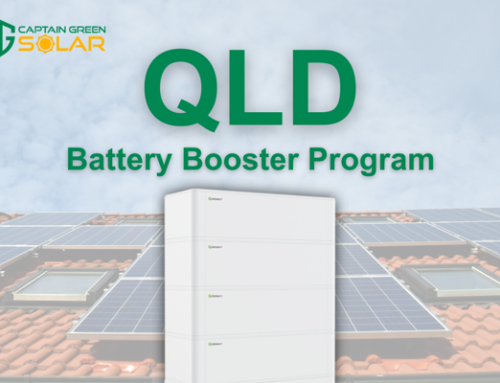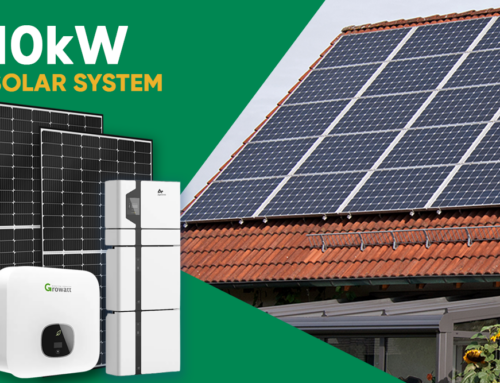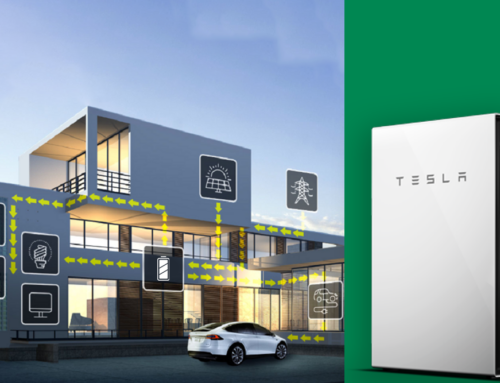Have you been wondering, “are solar panels efficient in winter?” or “how much do solar panels generate in winter?”
The short answer to “are solar panels efficient in winter?” is, yes! Solar panels absorb energy from sunlight and convert this energy into electricity for your home or business. As such, as long as there’s sunlight present raining down from above, your solar panel will be generating electricity – no matter how cold or warm the day is.
Even in rainy, cold climates, solar power remains an effective, cost-efficient energy source.
As the leading provider of solar panels nation-wide, Captain Green are here to run you through everything you need to know about the efficiency of solar panels in winter.
Keep reading to find out just how effective are solar panels in winter.
Are Solar Panels Efficient in Winter?
Even in below-freezing weather, solar panels convert sunlight into electricity. You may be wondering, “well, do solar panels work better in the cold?” Perhaps surprisingly, yes, they do! In fact, cold weather combined with clear skies is actually the most optimal weather condition for solar panel power production. Solar panels actually begin to lose efficiency at high temperatures. Solar panel efficiency across different temperatures can be measured using the ‘temperature co-efficient’.
In general, most solar panel temperature co-efficients range between -0.20 and -0.50 percent, per degree Celsius. If a solar panels temperature coefficient is -0.50 percent, this means that the overall efficiency of the solar panel decreases by 0.50 percent for every degree above the optimal temperature for solar panels. The optimal temperature for solar panels is 25 degrees Celsius.
You may be pondering, “just how much do solar panels generate in winter?” Given that the average temperature across the country in winter is 17 degrees Celsius, it is unlikely that solar panels will lose efficiency by exceeding the optimal temperature.
However, in winter, the total number of hours of daylight is shorter. This means that there is less sunlight being casted down from above during the months of winter. As such, for the most part, solar panels will be more efficient on days in and around 25 degrees Celsius in summer compared to colder winter days that have fewer total hours of sunlight. So, when are solar panels efficient in winter? Solar panels are most efficient in winter when cloud coverage is minimal, snow is not present, and the temperature is cool.
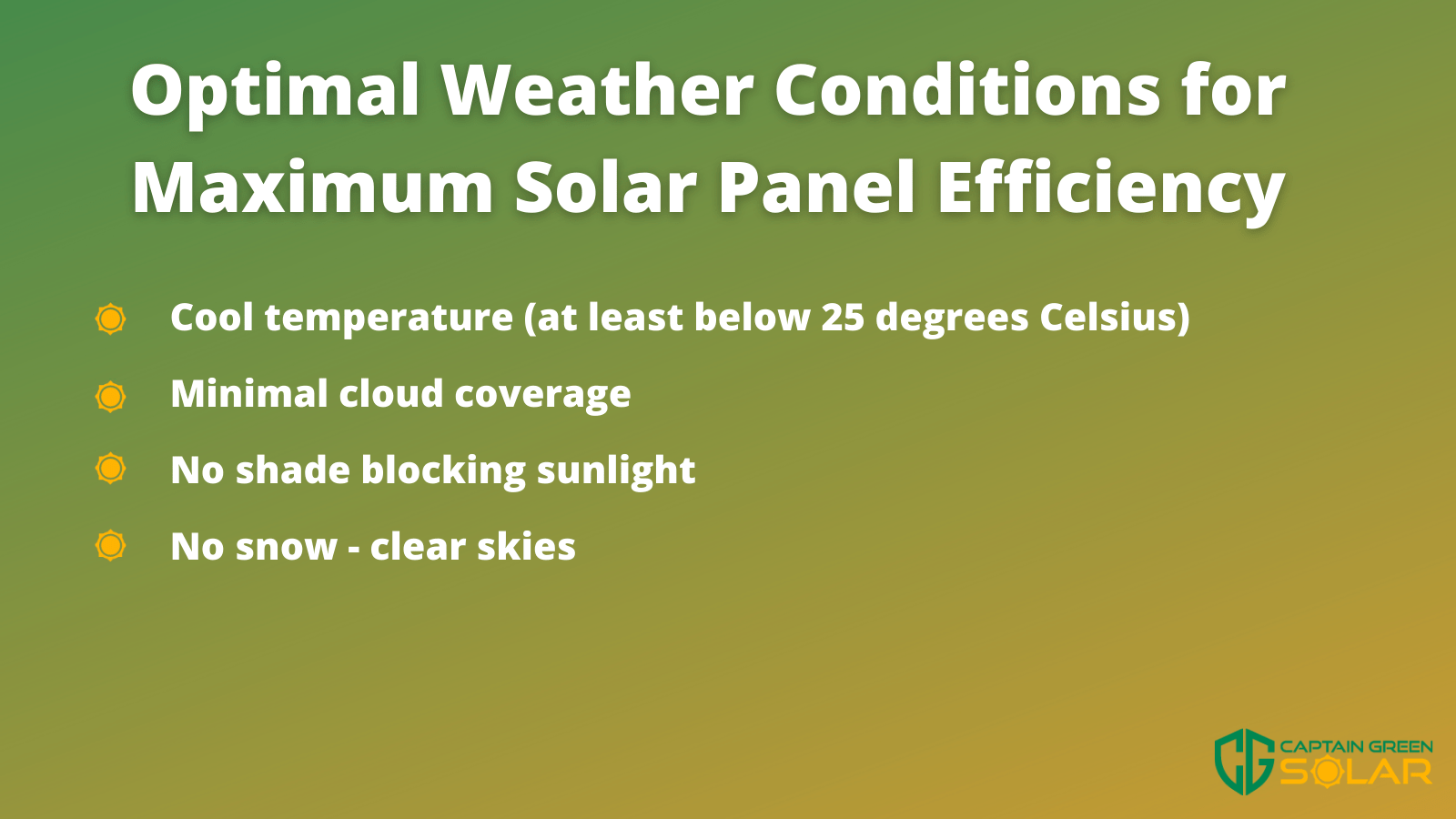
How Effective Are Solar Panels in Winter?
During colder weather, temperatures are more likely to reach the dew point temperature. The dew point temperature is defined as: ‘the temperature to which the air would have to cool in order to reach saturation.’ A state of saturation exists when the air is holding the maximum amount of water vapor possible at the existing temperature. In these saturated conditions, clouds are more likely to form.
Another reason for more clouds in winter is that the ground surface is often high in moisture content. This moisture then evaporates into the cool air above, producing clouds. This is bad for solar panel effectiveness as clouds block sunlight from reaching the earth’s surface.
How Much Do Solar Panels Generate in Winter?
So, how much do solar panels generate in winter? Typically, solar panel output is lower in winter compared to the height of summer as the days are shorter and cloud coverage is more likely to block sunlight. On average, a 5kW system will produce 13kWh a day in winter, whereas a 5kW system will produce 20kWh a day in summer.
Overall, when discussing “are solar panels efficient in winter?”, the answer is yes. However, during winter, we are more susceptible to extended cloud coverage, shade and snow during winter months which has the potential to decrease overall solar panel efficiency. This has a more detrimental impact on solar efficiency compared to overheating.
Why Do Solar Panels Work Better In The Cold?
The common assumption is that the stronger the sun is, the more electricity is produced from solar panels. However, this couldn’t be further from the truth. Excessive heat will cause a decrease in energy output from your solar panel system.
This is because solar panels work by allowing photons (or particles of light) to knock electrons free from atoms, generating a flow of electricity. This is referred to as ‘exciting’ an electron. In saying this, if a solar panel is already warm, numerous electrons within the semiconductor will become ‘excited’, decreasing the overall voltage that the solar panel can generate.
In winter months, the temperature itself is not warm enough to excite these electrons. Only direct sunlight itself will be able to excite these electrons. When analysing “are solar panels efficient in winter?”, it is important to express that multiple weather conditions need to be perfect to realise maximum efficiency. As long as there is direct sunlight undeterred by cloud coverage at a temperature lower than 25 degrees Celsius during winter, solar panel systems will be operating at maximum efficiency.
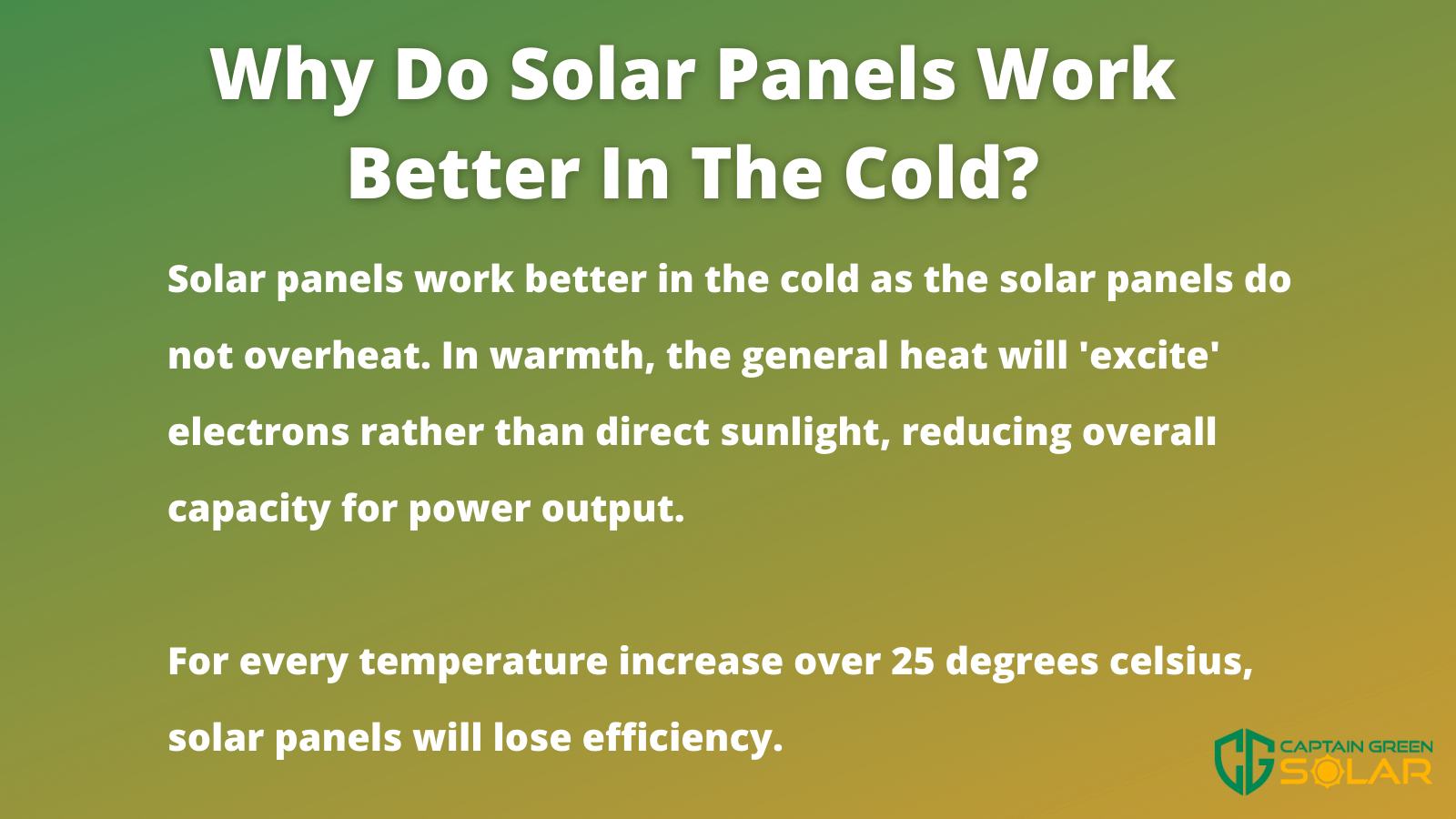
Do Solar Panels Work in the Snow?
So, we’ve explained the answer to “why do solar panels work better in the cold?”, but do solar panels work in snow?
To be honest, solar panel snow problems are usually minimal, especially as Australia has only a few regions with consistent or heavy snowfall. Snow will only affect solar panel production if the panels are heavily coated with snow, or completely snowed under. A thick layering of snow over a solar panel has the same effect as a cloud blocking sunlight, if not more.
Fortunately, snow can be easily rid of on solar panels with the right equipment. Most solar panels are tilted, meaning that the snow will slide right off. If this is taking too long, or if your panel is not tilted, a rake or any other tool that won’t damage the panel can sweep it off.
If you’re lucky, the downfall of snow may cause the ‘albedo effect’ to occur. The ‘albedo effect’ is defined by the amount of electromagnetic radiation that reflects away, compared to the amount that gets absorbed. Light can reflect off of snow and redirect the path of heat onto the solar panel. The next time someone asks you “are solar panels efficient in winter”, you can tell them about the albedo effect!
Another thing to add – sunlight melts snow! As long as there’s not a heavy coating of snow, it should melt off under sunlight and wash away any dirt or grime on the glass as an added bonus. As for the weight of snow, solar panels are designed to bear a certain amount of weight and as such snow will typically not be heavy enough to cause issues.
Does It Matter if I Produce Less Electricity in the Winter?
When determining whether or not solar panels efficient in Winter, Captain Green believes so, as long as you’re prepared! Picture this scenario: you’ve gone a week with heavy cloud coverage, leaving you with little to no solar power. Luckily, there’s a solution.
Solar batteries are a great way of ensuring continued solar panel efficiency in winter. Any excess power that is generated during summertime should be stored in a solar battery for use in winter months where cloud coverage is consistently affecting solar panel energy output.
With solar battery storage, your property has the potential to become its own electricity self-sufficient ecosystem, less dependent on power from the grid. Instead of a solar battery, some people opt for feed-in tariffs, whereby the excess power generated from the solar panel system is sold back to the power company. However, this can often lead to many Australian families purchasing that same power back from the grid at a higher price than when they sold it.
What’s not to love about solar batteries? They also provide backup power to protect your home in case of a blackout. Store up your sunny days for a stormy one.
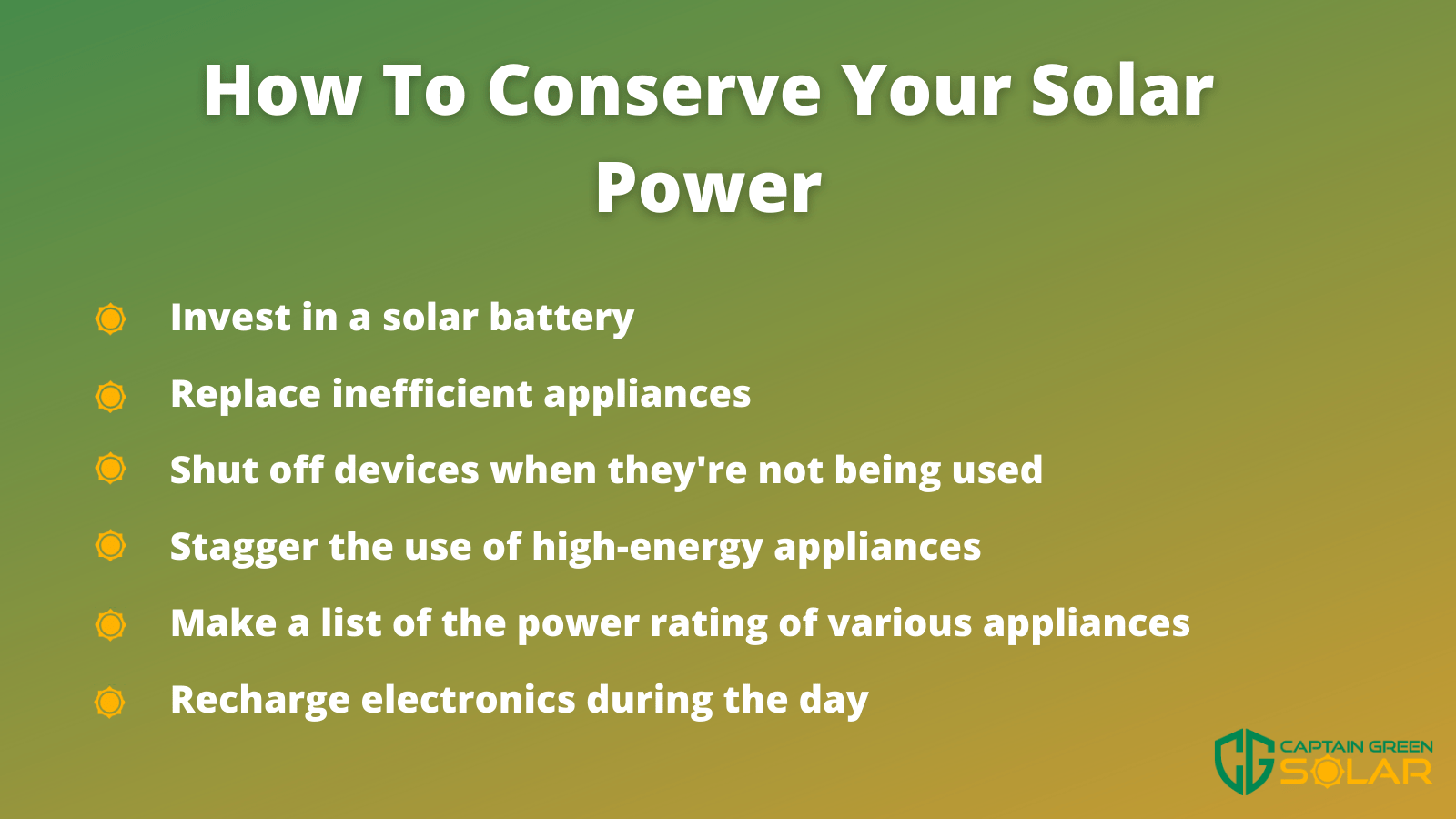
Power Saving Measures to Maintain Efficiency
To get the best out of your solar panels in winter you can:
- Change any high-wattage spotlights to LED lights.
- Replace inefficient devices
- Shut off devices when they’re not being used
- Recharge your electronics during the day when more energy is being produced than used
- Stagger the use of high-energy appliances to not burn through power supply
- Make a list of the power rating of various household appliances
Applying these strategies will ensure you have a continued supply of power from your solar panels and negate your reliance on solar batteries. This will safeguard continued efficiency from your solar panels in winter.
So, Are Solar Panels Efficient In Winter?
Yes, solar panels are efficient in winter. Even in rainy, cold climates, solar power remains an effective, cost-efficient energy source. In the event of poor weather conditions, there are a number of power saving measures that can be taken to increase efficiency in winter.
With over a decade of industry experience and a passion for solar panel technology, Captain Green are driven to make a positive, environmentally friendly difference. Interested in getting involved in solar? Check out our extensive range of solar panels or contact us today on 1300 361 682 to learn more about our installation process.

